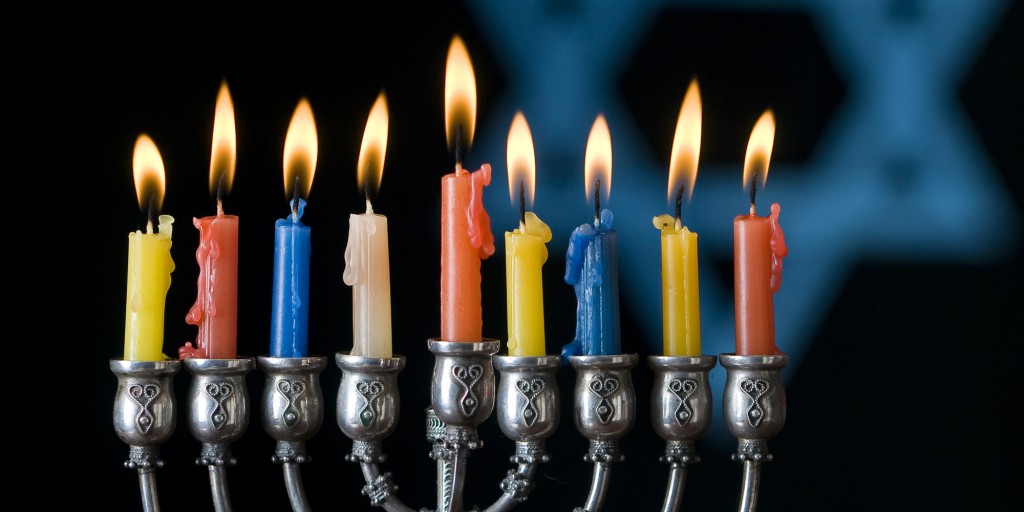What Is Shavuot?
This is a re-post from Chabad
Unpack layers of Biblical and rabbinic text to understand the inner mechanics of this sometimes-overlooked but super-important holiday.
“Drawing water from the wells of salvation.” ― Isaiah 12:3
This is a re-post from Chabad
Unpack layers of Biblical and rabbinic text to understand the inner mechanics of this sometimes-overlooked but super-important holiday.
This is a re-post from Rabbi Sacks

If you’re driving through a Jewish area this Saturday night or Sunday, don’t be surprised if you see lots of children in the streets wearing fancy dress and masks, or people going from house to house delivering presents of food and drink. The reason is that we’ll be celebrating Purim, the most boisterous and exuberant of all Jewish festivals.
…
Remember the Past to Build the Future (A Thought for Purim)Read More »
Remember the Past to Build the Future (A Thought for Purim) Read More »
 Sunday(10-02-16) at sunset marks the start of the Hebrew calendar year 5777. It is the first celebration of the Fall Festival cycle that we refer to as the High Holidays, which includes Rosh Hashana and Yom Kippur. The fall holiday cycle ends with the final festival of Sukkot.
Sunday(10-02-16) at sunset marks the start of the Hebrew calendar year 5777. It is the first celebration of the Fall Festival cycle that we refer to as the High Holidays, which includes Rosh Hashana and Yom Kippur. The fall holiday cycle ends with the final festival of Sukkot.
The Bible refers to the holiday as Yom Ha-Zikkaron (the Day of Remembrance) or Yom Teruah (the Day of the Sounding of the Shofar) and is instituted in Leviticus 23:24-25.
“Speak to the people of Israel, saying: In the seventh month, on the first day of the month, you shall observe a day of complete rest, a holy convocation commemorated with trumpet blasts.” …
This post was first published on the 'Acts of Faith' blog of The Washington Post on Sunday 6 December 2015

Hanukkah is the festival on which Jews celebrate their victory in the fight for religious freedom more than two thousand years ago. Tragically that fight is no less important today, and not only for Jews but, for people of all faiths.
…
Why Hanukkah is the perfect festival for religious freedom.Read More »
Why Hanukkah is the perfect festival for religious freedom. Read More »
This Shabbat the scroll was opened to the book of Devarim. Parasha Devarim is always read on Shabbat Chazon (“Sabbath of Vision”), the Sabbath that precedes the week in which the tragic day of Tisha B’Av is observed. Even as he stands with the Israelites on the border of the Land of Israel—their journey almost at its end—Moses reminds them how difficult it has been to get them this far. Moses reproves the people, primarily for the sin of the scouts who returned from touring the land of Israel and caused the people to lose faith with their evil report. In fact, the entire first chapter of Deuteronomy speaks of this sin. In the 12th verse of Devarim Moses cries out: "Eicha Esa L'vadi... "How can I bear your trouble, your burden, and your bickering all by myself?!" (How can I carry this alone...)?" (Deut. 1:12). That first word of the verse, "How," has a special resonance this week. In Hebrew it is "Eichah," (pronounced ei-CHAH) and we read Devarim on the Shabbat preceding Tisha B’Av because the word, “Eicha,” recalls the opening verse of the Book of Lamentations, “Eicha yahsh’vah bah’dahd ha’ir?” “Alas, how does the city of Jerusalem sit in solitude.” We will read Lamentations this Monday night on Tisha B’Av. In Hebrew, Lamentations is called Megillat Eichah, "the Scroll of How."
…
Tisha B’Av and Devarim (Deuteronomy) Read More »